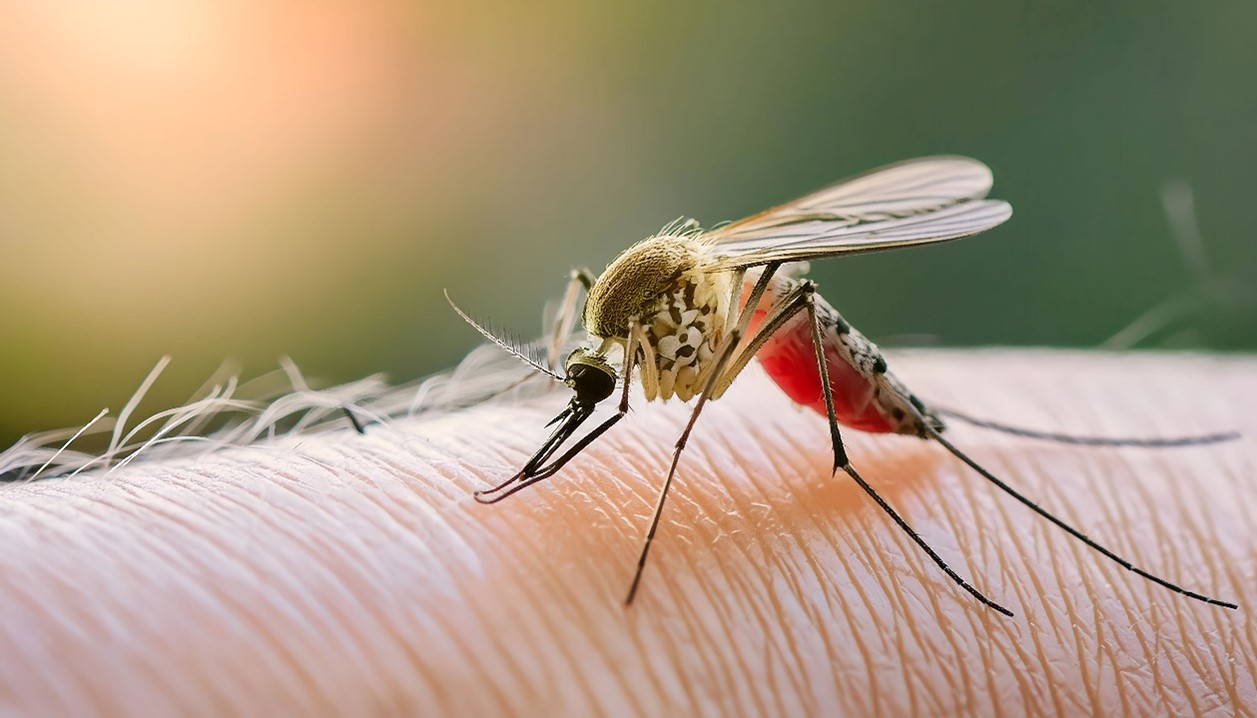Overview of Chikungunya
Chikungunya, a viral infection transmitted via the bites of infected Aedes mosquitoes, mainly Aedes aegypti and Aedes albopictus.
Chikungunya is not contagious between people but can spread to others through mosquito bites.
Preventing mosquito bites is crucial, especially for those traveling to areas with active transmission.
Symptoms and Causes
The most common symptoms of chikungunya are sudden fever and debilitating joint pain.
Other symptoms may include
- Swelling
- Muscle pain
- Headache
- Rash
- Fatigue
- Nausea
These symptoms usually last for about a week, but joint pain can sometimes persist for months or even years.
A mosquito bite from an infected Aedes mosquito causes chikungunya.
While it does not spread directly from person to person, there is a slight risk of transmission through blood contact, such as during medical procedures.
Diagnosis and Treatment
Diagnosis of chikungunya is typically based on symptoms and recent travel history to areas where the virus is prevalent.
Virus can be detected by the blood tests.
Since no specific antiviral treatment for chikungunya exists, management focuses on alleviating symptoms.
This includes
- Rest
- Staying hydrated
Nonsteroidal anti-inflammatory drugs (NSAIDs) and aspirin are generally avoided until a definitive diagnosis is made to reduce the risk of bleeding.
Most people recover within 7 to 10 days, though some may have lingering joint pain.
Prevention
Preventing chikungunya involves minimizing the risk of mosquito bites.
The U.S. Food and Drug Administration (FDA) has approved the chikungunya vaccine, IXCHIQ, 2023, for adults at increased risk.
However, other preventive measures remain essential, especially for those who cannot receive the vaccine.
These include using
- Insect repellent
- Wearing protective clothing
- Removing stagnant water where mosquitoes breed
- Mosquito nets
Travelers should be particularly cautious when visiting regions with active outbreaks and take steps to avoid mosquito bites.
Outlook and Living With Chikungunya
Most people recover from chikungunya within a week, with severe complications being rare.
However, some individuals, especially those with pre-existing health conditions like diabetes or heart disease, may experience more severe symptoms or prolonged joint pain.
Current evidence suggests that after recovering from chikungunya, individuals develop immunity, making reinfection unlikely.
In summary, chikungunya is a mosquito-borne virus that typically resolves within a week but can sometimes cause lasting joint pain. Getting rid of mosquito bites is the most effective way to avoid infection, particularly when traveling to areas with known outbreaks.
If you develop symptoms after travel, consult your doctor for evaluation and appropriate care.



